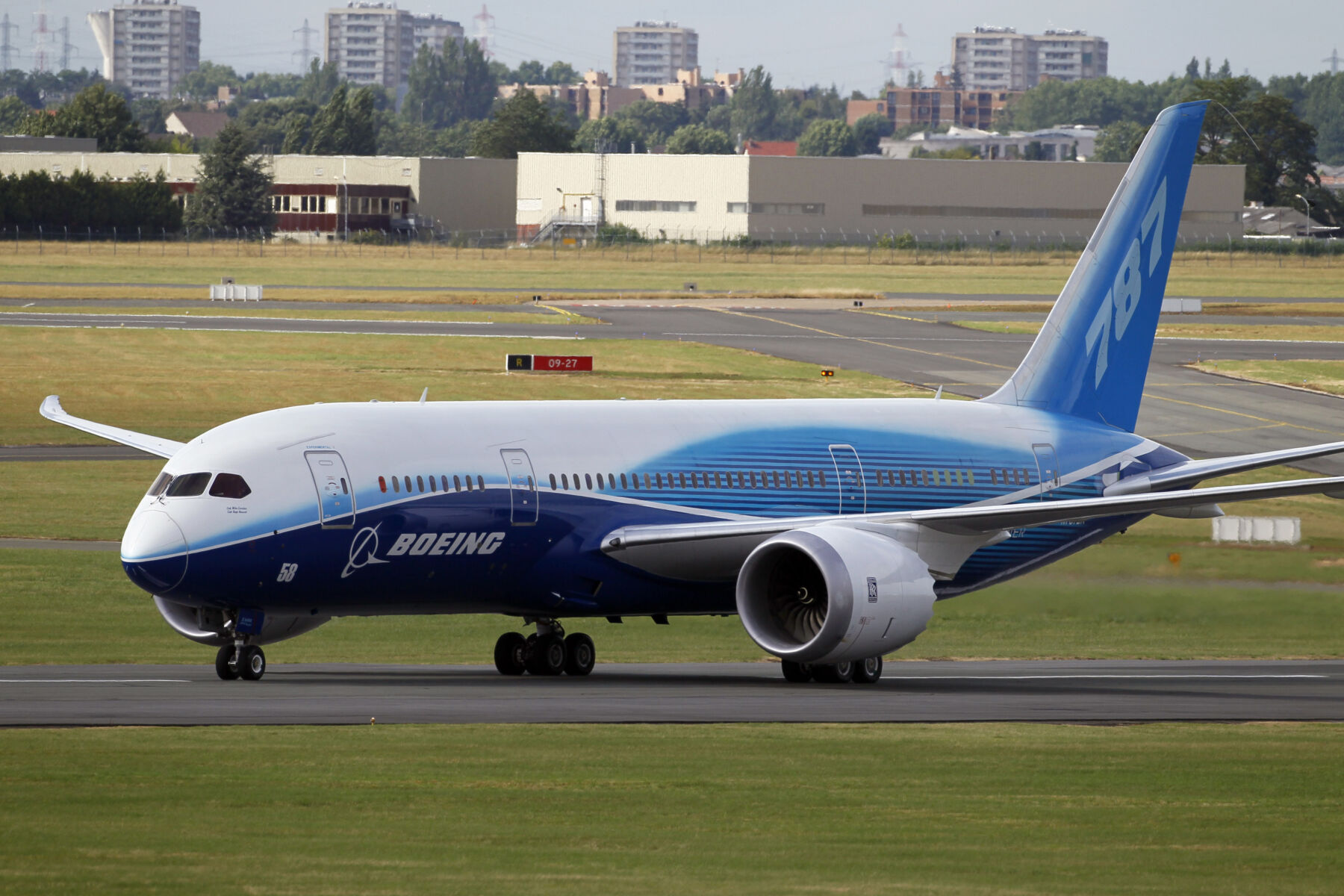Boeing halts 787 Dreamliner deliveries again due to manufacturing issue

Boeing announced on June 6 that the delivery of its 787 Dreamliner aircraft has once again been delayed due to a manufacturing issue. This is the latest in a series of setbacks that have affected the two-aisle jet. The company stated that it is currently inspecting fittings on the horizontal stabiliser, a part of the tail, for a “nonconforming condition.” Although these inspections and subsequent repairs will impact near-term deliveries, Boeing’s forecast for the full year remains unchanged. The exact number of planes affected by this new defect has not been disclosed.
Boeing has emphasised that the flaw in the tail does not pose a safety risk, and aircraft already in operation with airlines can continue to fly. The company has informed the Federal Aviation Administration (FAA) and the affected airlines of the issue.
Both the 787 and the 737 Max have experienced production defects that have intermittently delayed deliveries, leaving airlines without the planes they had anticipated for the busy summer season. In April, Boeing discovered an issue with fittings on Max jets at the point where the fuselage connects to the tail’s vertical section.
In March, deliveries of the 787 were halted while federal regulators reviewed documentation of work carried out on new planes. Over the past three years, shipments of 787s have been stopped multiple times due to production issues.
These delays have had a negative impact on Boeing, as buyers typically pay a significant portion of the purchase price upon delivery, reports Channel News Asia.
A few weeks ago, Boeing introduced a new data modelling tool, known as Cascade. This tool serves to assist airlines and policymakers to determine the most efficient route to achieve zero aviation emissions by 2050. The features of the tool include the manipulation of various variables, such as using sustainable fuels or electric propulsion, replacement of older aircraft, and other technologies. For more information about Cascade, click the LINK to read more.
Latest Thailand News
Follow The Thaiger on Google News:


























